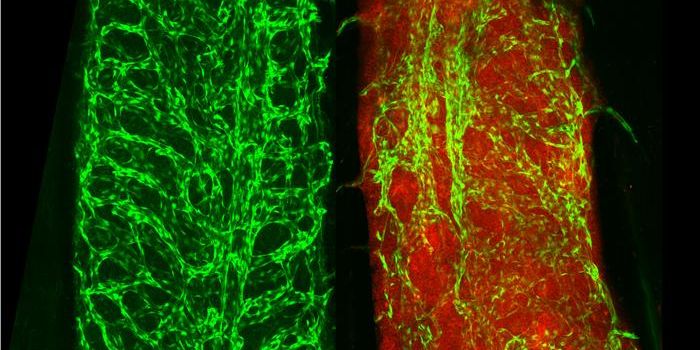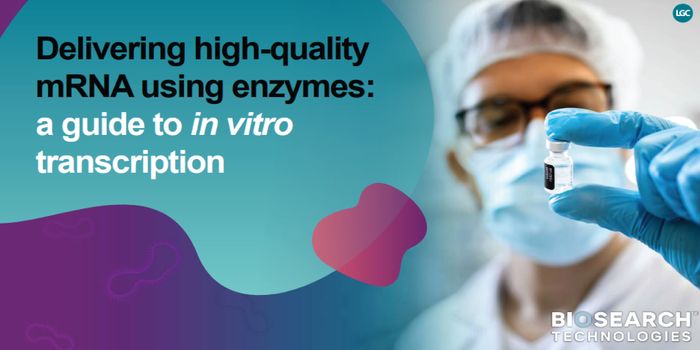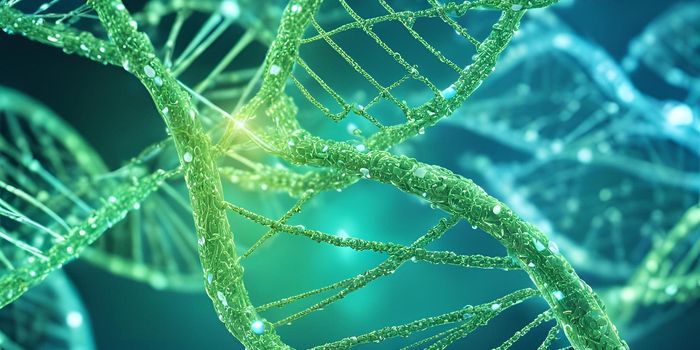Are Cancer Exosomes a Good Source of Biomarkers?
One of cancer’s most aggravating qualities is its ability to control the microenvironment around it. This control can make cancer treatment even more of a headache, whether it’s suppressing the immune response or promoting aggressive behavior.
A team from the University of Ottawa in Canada wanted to investigate an aspect of this control, specifically exosomes and their diagnostic value. An exosome is small lipid “package” that can hold and protect proteins and other signaling molecules until it contacts another cell. It then “delivers” its contents into the cell. In the case of cancer, these exosomes carry signals to nearby cells that can promote cancer transformation or even immunosuppression.
Many studies have pointed out the diagnostic potential of exosomes for cancer. They could be isolated from a blood sample and tested for any cancer biomarkers. This new study sought to identify membrane-bound markers specifically, as they would be easier to test. They started with a healthy cell line and a breast cancer cell line and developed a protocol for exosome extraction.
The protocol they used had three steps: isolation of exosomes, the breakup of exosomes with detergent, and analysis by mass spectrometry. Mass spectrometry is a well-trusted method of identifying proteins and molecules in a sample, and the other three steps were optimized to provide the most proteins per exosome purified.
Initial readings showed exosomes from a breast cancer cell line had over 700 unique proteins compared to exosomes from a normal cell line. Most of these were involved in cellular signaling and motility. Further analysis narrowed down the 700 unique proteins to 247 cancer-related proteins, then to 87 breast cancer-related proteins, and then down to 8 membrane-bound biomarker candidates. A final in-depth literature review found 3 of these had the highest potential: GPC-1, GLUT-1, and ADAM10.
All three proteins are established to be associated with late-stage or aggressive breast cancer, and validation tests showed that each candidate could be identified relatively easily. They also note that while all three have potential as biomarkers, retrieving cancer-specific exosomes can be challenging. A new method would likely have to be developed for that purpose.
The study concludes, “In this study, we demonstrate the richness of the metastatic breast cancer cell line-derived exosomes in relevant proteins capable of driving cancer metastasis.” and “Our findings justify the further study of exosomes for BC biomarker discovery.”
Sources: Nature Scientific Reports, The Novus Center









